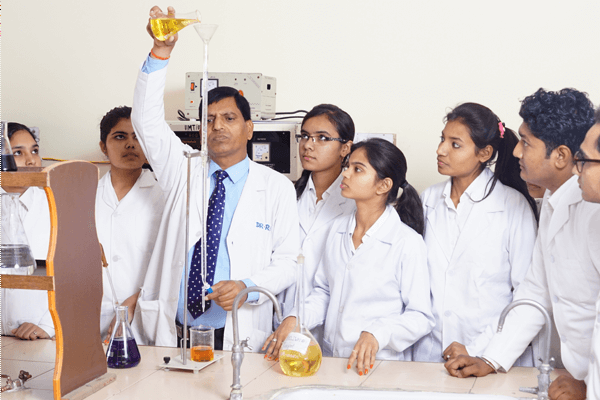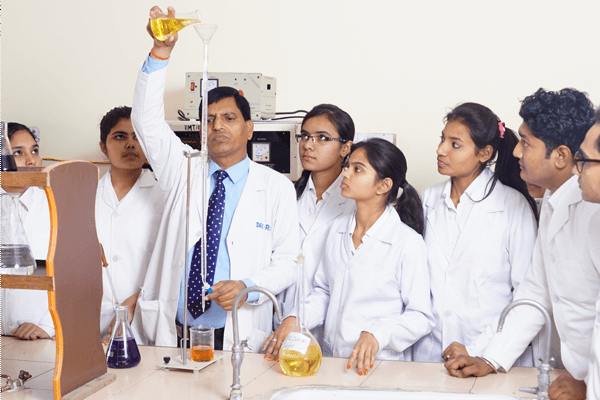Career as a Pharmacist
A pharmacist is responsible for dispensing and managing medications, educating patients on correct usage of drugs and potential drug side effects, and managing the overall health care or well-being of patients/customers in the setting of pharmacies and dispensaries. Pharmacists must know how to handle medications for patient safety and how to give correct dosages. Interaction with patients is common, so pharmacists may need to answer questions about medication.
Furthermore, it is the duty and legal obligation of all pharmacists to know and follow the laws pertaining to the prescribed medication, and make sure that no medication is dispensed to a patient that would create a medical/drug interaction with any other medications that the patient is also taking. Staying abreast of new research in pharmaceutical developments and their safety is of vital importance in pharmacy jobs.
Skills needed to be a Pharmacist - Pharmacists should be skilled at communicating safety instructions, potential side effects and giving general advice regarding over-the-counter as well as prescription drugs. As pharmacists work with sick patients on a daily basis, they should also be patient, calm, reassuring, understanding and compassionate. They must also have analytical skills and an interest in pharmacy research, so that they stay update about information regarding the drugs they are dispensing. For pharmacists who work in hospitals, the ability to work with doctors as well as nurses can be important, so basic medical terms and a clinical attitude, when appropriate, may be helpful.
Eligibility Criteria - The minimum requirements to become a pharmacist are generally a Diploma of Pharmacy (D.Pharm.), a two-year program and/or a Bachelor of Pharmacy (B.Pharm.), a four and a half-year program. Both pharmacy courses require a six-month pharmacy internship. The degree/diploma must be from accredited, Pharmacy Council of India approved pharmacy colleges, and upon completion of training and education, the graduate must register with his/her state’s Pharmacy Council. It’s also possible to continue your education by getting a Master of Pharmacy (M.Pharm.) or Doctor of Pharmacy (Pharm.D.), but this kind of pharmacy degree tends to be needed for research and/or teaching positions rather than pharmacist positions.
Pharmacy Career Prospects - Pharmacists in India work in community and/or Ayurveda, Yoga, Naturopathy, Unani, Siddha and Homoeopathy (AYUSH) dispensaries, in both private and public hospitals, as well as in retail pharmacies. Pharmaceutical companies will pay them well for work in marketing and quality control of their products, as well as research.
To pursue the Pharmacy course, one should opt for the best pharmacy college in U.P. IIMT University, Meerut is one such university having colleges offering undergraduate, post graduate in various fields of Pharmacy to help the students in starting career in the growing healthcare industry. The university offers the most advanced course of pharmacy where students get a complete exposure of theoretical and practical knowledge. The university boasts of the best experienced & knowledgeable faculties in the region. 
